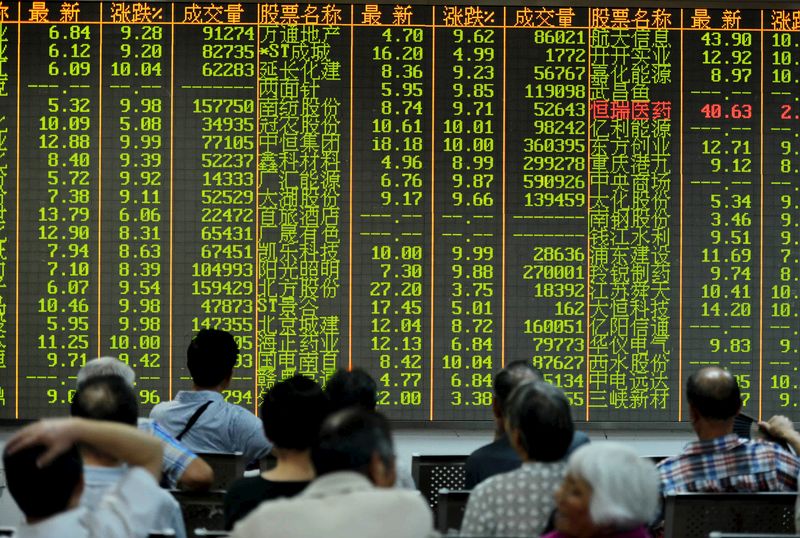AlphaTON stock soars 200% after pioneering digital asset oncology initiative
Investing.com -- Despite its 40% rally over the past 12 months, UBS maintains a positive outlook on China equities, reiterating an Overweight rating on MSCI China.
The bank’s bullish stance is underpinned by the resilience of corporate fundamentals within the index, which is heavily influenced by the internet and consumer sectors.
After a volatile start to the year, MSCI Emerging Markets (EM) saw a modest jump of approximately 2% year-to-date (YTD), lagging behind Developed Markets (DM) which posted a 3% gain.
However, this growth was largely attributed to China’s performance, as EM excluding China fell behind DM by 5%.
UBS upgraded MSCI China to Overweight (OW) in April 2024, a move driven by the aforementioned resilience in corporate fundamentals, market valuations that had not reflected this resilience, and an expected turnaround in domestic retail investor sentiment towards equities.
After reaching a low at a 45% discount to its 10-year average price-to-earnings (PE) ratio, China’s market has recovered to a 22% discount, whereas the rest of EM and the US are trading at a 6-8% premium to their historical averages.
“While it is logical to conclude the sharp rally in recent weeks could be followed by a period of consolidation, we still believe the market adequately factors in the risks mentioned below (relative to the EM universe),” strategists led by Sunil Tirumalai noted.
“We remain of the view that the risks of China outperforming are higher than of it underperforming - we stay OW China.”
The firm cites the strength of domestic equity flows as a significant counterbalance to potential geopolitical risks, such as the ’America First Investment Policy’ which could affect US investments in certain Chinese stocks.
Non-US domiciled assets under management (AUM) into China have grown faster than US-domiciled money, and Chinese households hold approximately $4.5 trillion in equities exposure, with over $19 trillion in bank deposits, indicating robust domestic financial engagement.
UBS also downplayed the impact of tariff risks and chip export restrictions on MSCI China stocks, suggesting that the direct effects on listed companies are minimal and the broader economic impact is comparable to other markets.
“Overall, in an EM relative context we would argue the worries seem less priced into other markets than to China,” a strategist said.
